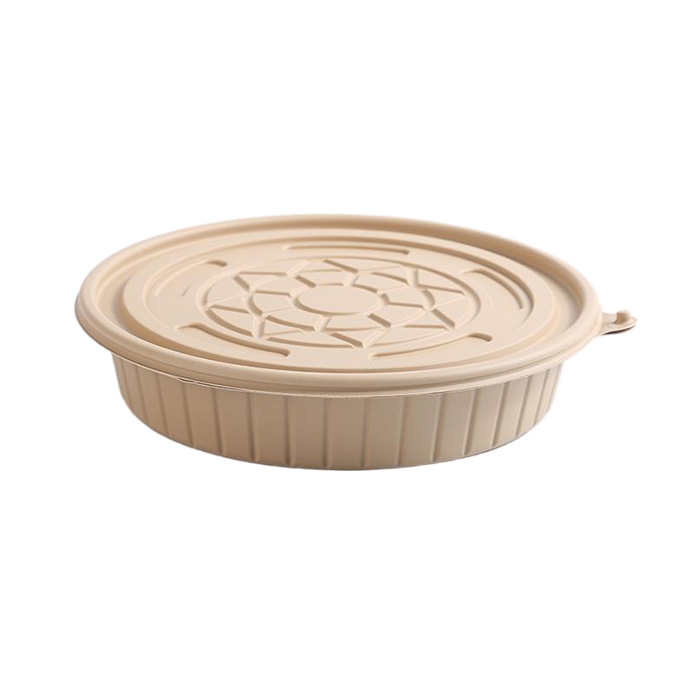The Battle of Strength: Is Quartz Stronger than Granite?
In the world of countertops, two popular options stand out: quartz and granite. Both materials are renowned for their durability and aesthetic appeal. However, when it comes to strength, a common question arises: Is quartz stronger than granite? In this blog post, we will delve into the intricacies of these materials, exploring their composition, manufacturing processes, and physical properties to determine which one reigns supreme in terms of strength.
- Understanding Quartz:
Quartz countertops are engineered stone surfaces composed of approximately 90% natural quartz crystals and 10% resins, polymers, and pigments. The manufacturing process involves combining these materials under high pressure and heat, resulting in a non-porous and highly durable surface. Quartz countertops offer a wide range of colors and patterns, making them a versatile choice for any kitchen or bathroom. - Unveiling Granite's Strength:
Granite, on the other hand, is a natural stone formed from the slow crystallization of magma beneath the Earth's surface. It is primarily composed of quartz, feldspar, and mica, giving it a unique blend of strength and beauty. Granite countertops are cut from large slabs and polished to enhance their natural patterns. Each granite slab is unique, providing a one-of-a-kind appearance to any space. - Comparing Strength Factors:
To determine which material is stronger, we need to consider various factors:
3.1. Hardness: Quartz is known for its exceptional hardness, ranking 7 on the Mohs scale (which measures mineral hardness). Granite, although durable, typically ranges from 6 to 7 on the Mohs scale. This slight difference in hardness makes quartz slightly more resistant to scratches and chips.
3.2. Impact Resistance: Quartz's manufacturing process imparts it with superior impact resistance. The combination of quartz crystals and resins creates a surface that can withstand accidental impacts without cracking or chipping. Granite, while strong, may be more prone to damage from heavy objects or sharp impacts.
3.3. Stain Resistance: Both quartz and granite are relatively stain-resistant, but quartz takes the lead due to its non-porous nature. Quartz countertops do not require sealing, making them highly resistant to spills and stains. Granite, although sealed, may require periodic resealing to maintain its stain resistance.
- Conclusion:
In the battle of strength between quartz and granite, it is safe to say that quartz holds a slight advantage. Its engineered composition and manufacturing process result in a harder, more impact-resistant surface. However, it is important to note that granite still offers excellent durability and a unique natural beauty that cannot be replicated.





